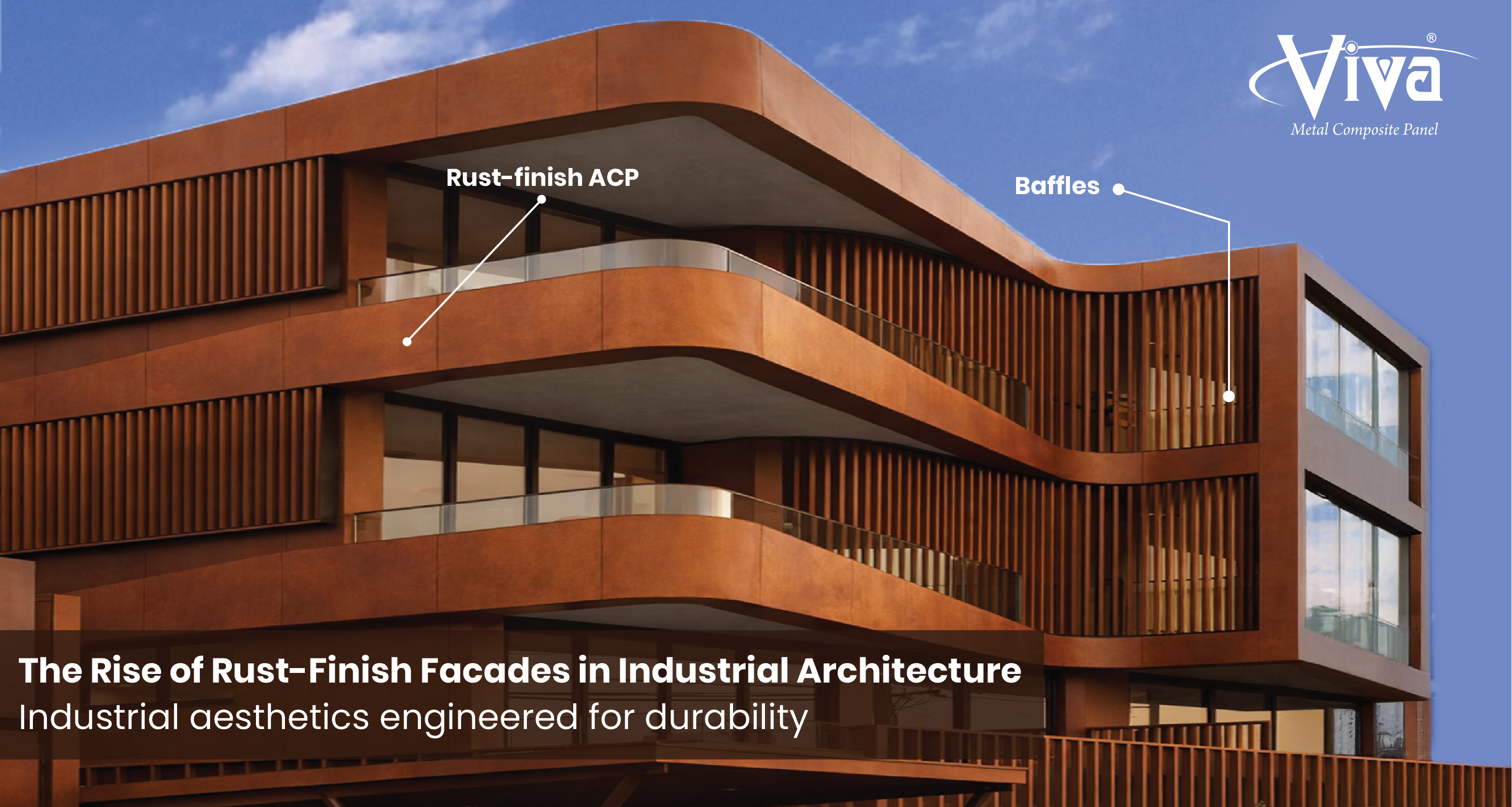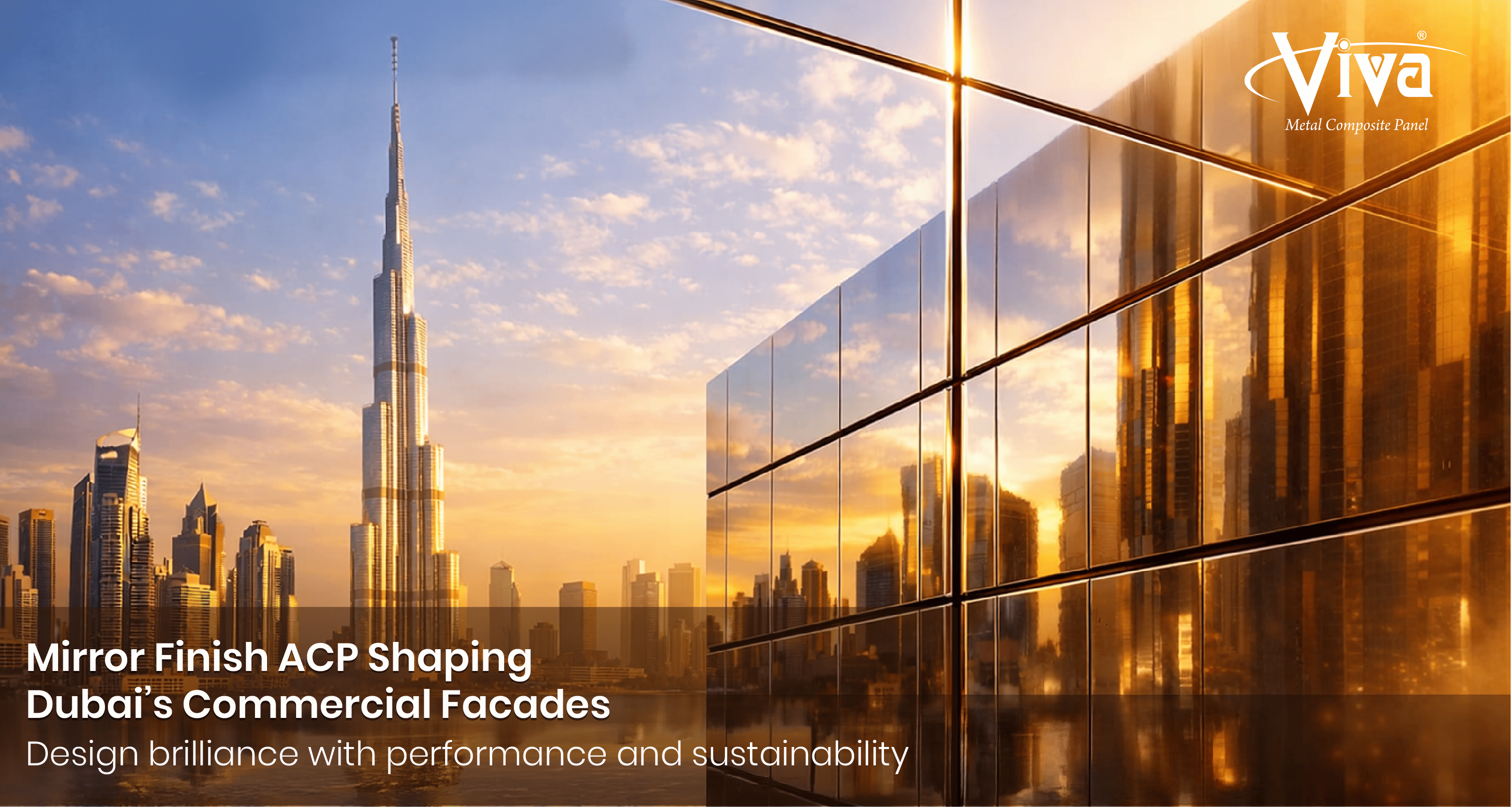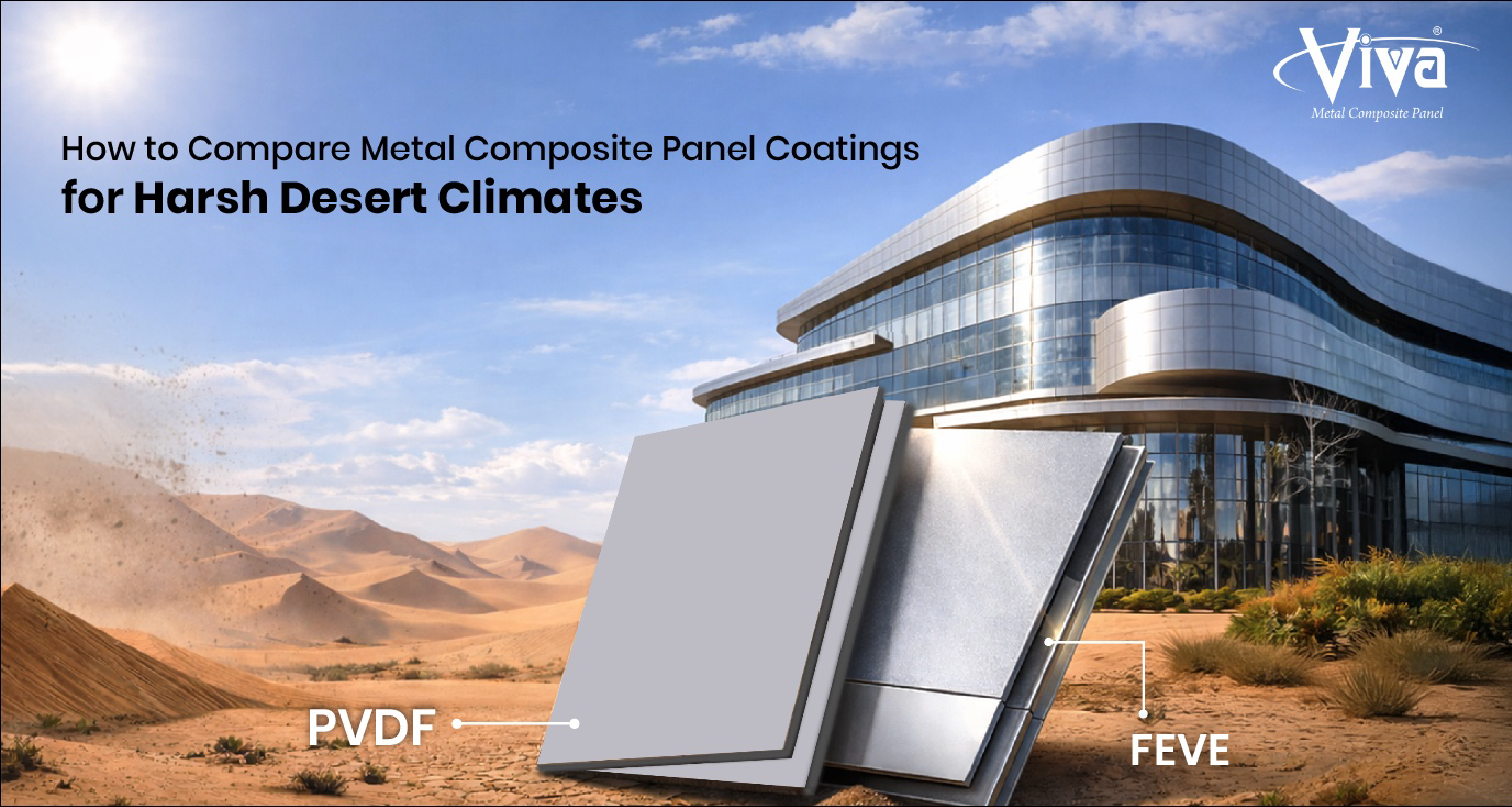
The construction landscape is rapidly changing, with new materials emerging every year. For homeowners, this can be both exciting and overwhelming. This is because with numerous options available, it is easy to get lost in the sea of choices.
Aluminium Composite Panels and polycarbonate are two options that often lead to confusion. While both have gained attention in recent years, their characteristics and advantages differ.
So, what exactly are these differences? This article will provide a detailed comparison of polycarbonate and Aluminium Composite Panels, highlighting every single aspect that differentiates them.
Aluminium Composite Panel
Aluminium Composite Panels, also known as ACPs, are a type of flat panel made from two thin aluminium sheets fused to a non-combustible core.. This core can either be made of solid aluminium or polyethylene (a thermoplastic resin).
This robust structure of ACPs makes them incredibly durable and resistant to corrosion and weathering. Plus, their lightweight design ensures easy handling and installation.
Aluminium Composite Panels also offer thermal insulation which ultimately reduces environmental impact, establishing them as a greener choice.
When combined, all these features render Aluminium Composite Panels a top choice for various applications that demand something new, innovative and functional at the same time.
Polycarbonate
Polycarbonate (PC) is a thermoplastic material that is well-known for its high strength and versatility. Suitable for a wide range of applications, it boasts a unique design that values safety, design and flexibility.
Moreover, polycarbonate is lightweight, customisable and resistant to chemicals and impact. This makes it a good option for applications where durability, safety and performance are vital.
Aluminium Composite Panel Vs Polycarbonate - Key Differences
Durability
When it comes to durability between Panel vs polycarbonate, ACPs are considered to be the best choice as they can withstand extreme weather conditions, temperature fluctuations, moisture and even harsh UV radiation.
In addition, they are corrosion-resistant, a feature that makes them perfect for interior and exterior applications.
In contrast, polycarbonate is strong but not as durable as Aluminium Composite Panels. When exposed to direct sunlight or extreme temperatures for long periods, this material can become brittle and lose its structural integrity.
Cost
While the initial cost of ACPs is slightly higher than polycarbonate, their excellent durability and longevity offers significant cost savings over time.
Furthermore, the lightweight nature of ACPs enables easy installation and maintenance, reducing labour and repair costs and making them a cost-effective option.
On the other hand, polycarbonate serves as a more economical solution than Aluminium Composite Panels.
However, polycarbonate demands regular upkeep, including frequent repairs, maintenance and replacements, due to its lower load-bearing capacity and susceptibility to wear and tear. This makes this option less cost-effective in the long run.
Appearance
The visual appeal of Aluminium Composite Panels and polycarbonate varies significantly depending on the chosen finish.
ACPs come with an extensive palette of colours, finishes and textures, offering design flexibility, versatility and creative freedom. Moreover, these panels can also be easily cut and shaped into different forms and sizes, making them a good choice for projects that prioritise appearance, design and durability.
Conversely, polycarbonate is generally offered in clear or tinted finishes. However, when installed properly, it can still deliver an aesthetically pleasing appearance. It is important to note that unlike ACPs, polycarbonate’s design possibilities are restricted by its fixed shape.
Conclusion
The decision between Aluminium Composite Panels and polycarbonate comes down to your specific needs and priorities.
For those who are looking for an option that offers durability, versatility and long-lasting performance, ACPs are likely the better choice. However, in case budget is a major concern and you are looking for an option with lower upfront costs, polycarbonate might be a more suitable alternative.
If you are considering ACPs for your project, Viva ACP can be a reliable partner that can provide you with high-quality, customisable and sustainable Aluminium Composite Panels.
Visit Viva ACP to browse through its extensive range of quality and versatile Aluminium Composite Panels and discover the perfect solution for your specific needs
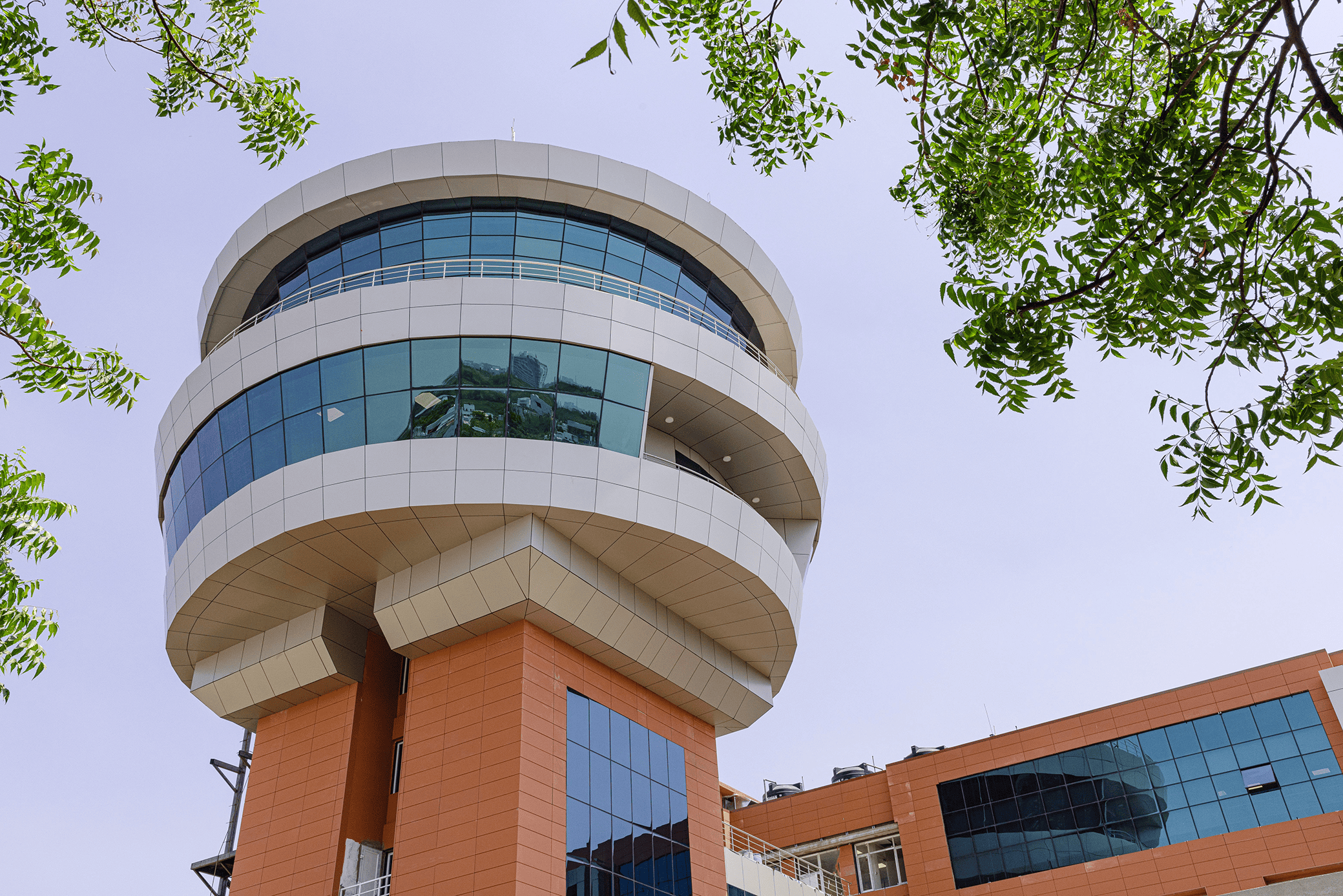
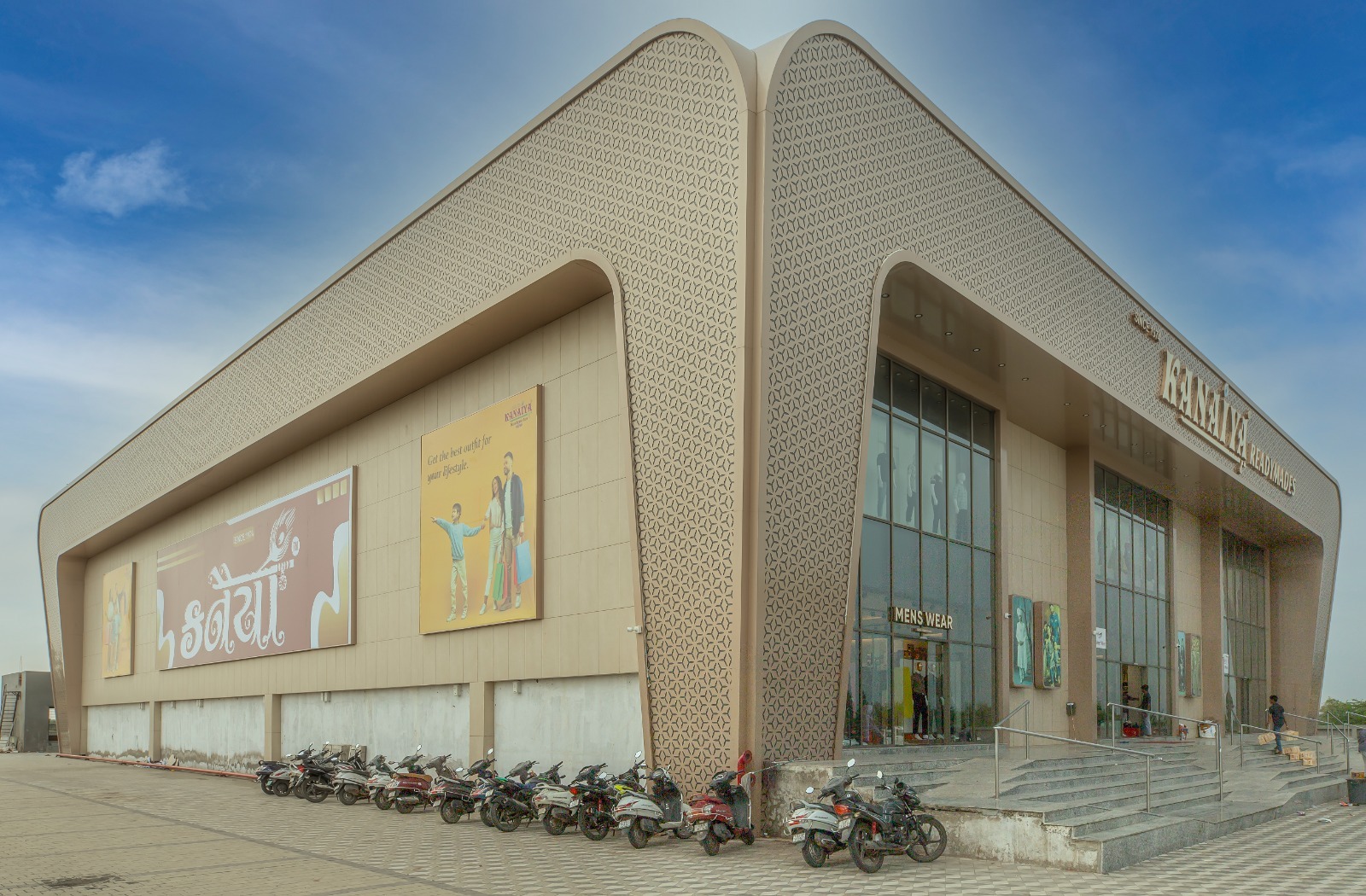
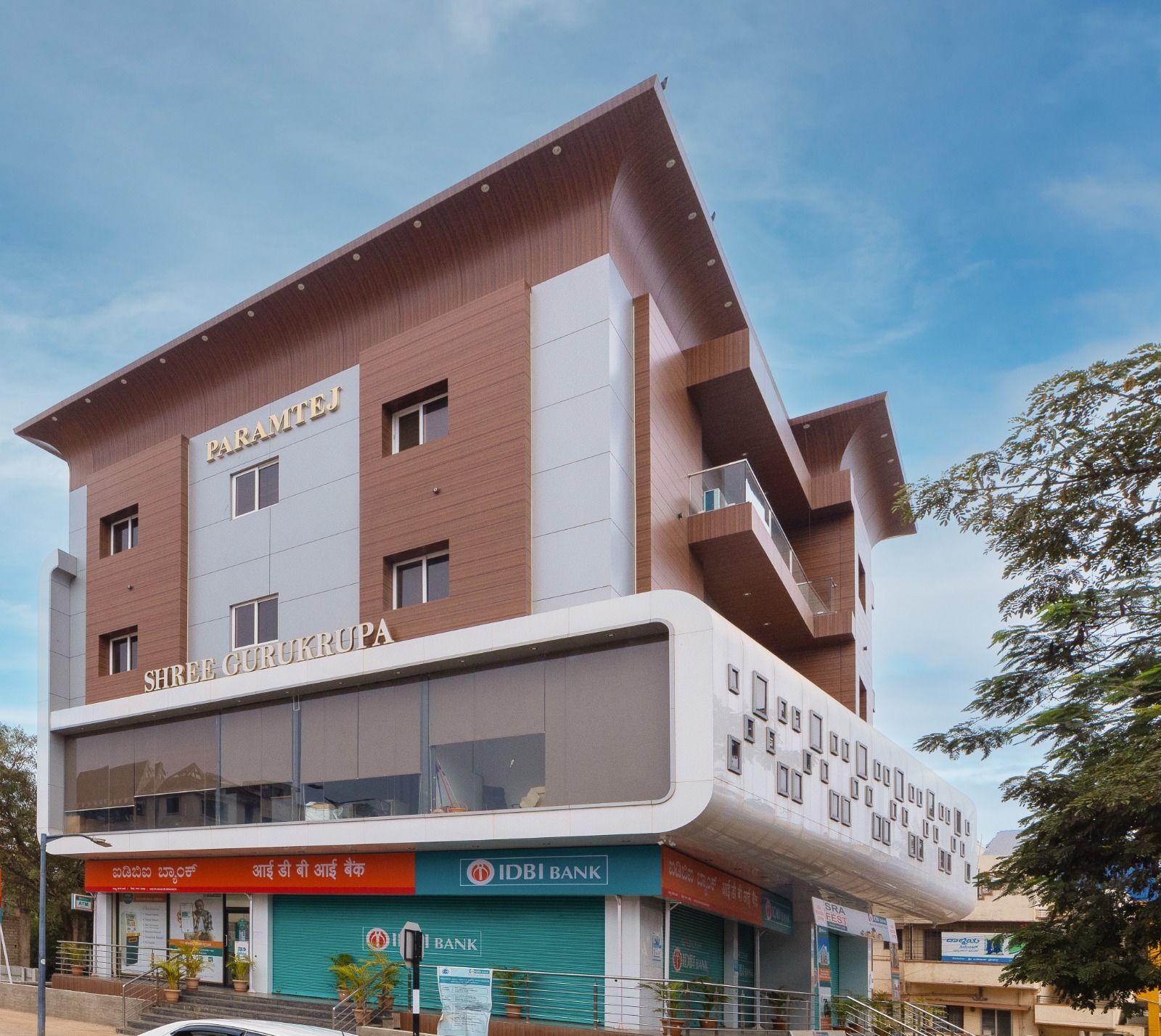


 en
en
 Spanish
Spanish Arabic
Arabic Swahili
Swahili French
French